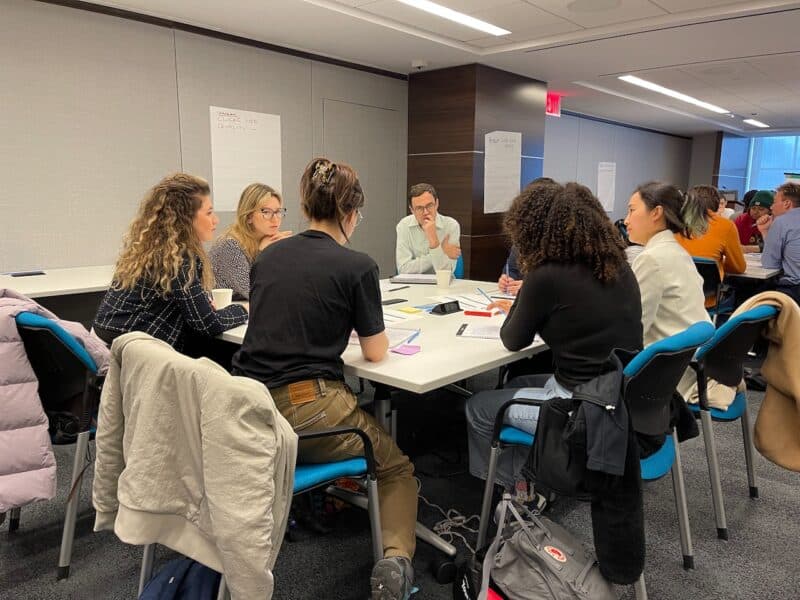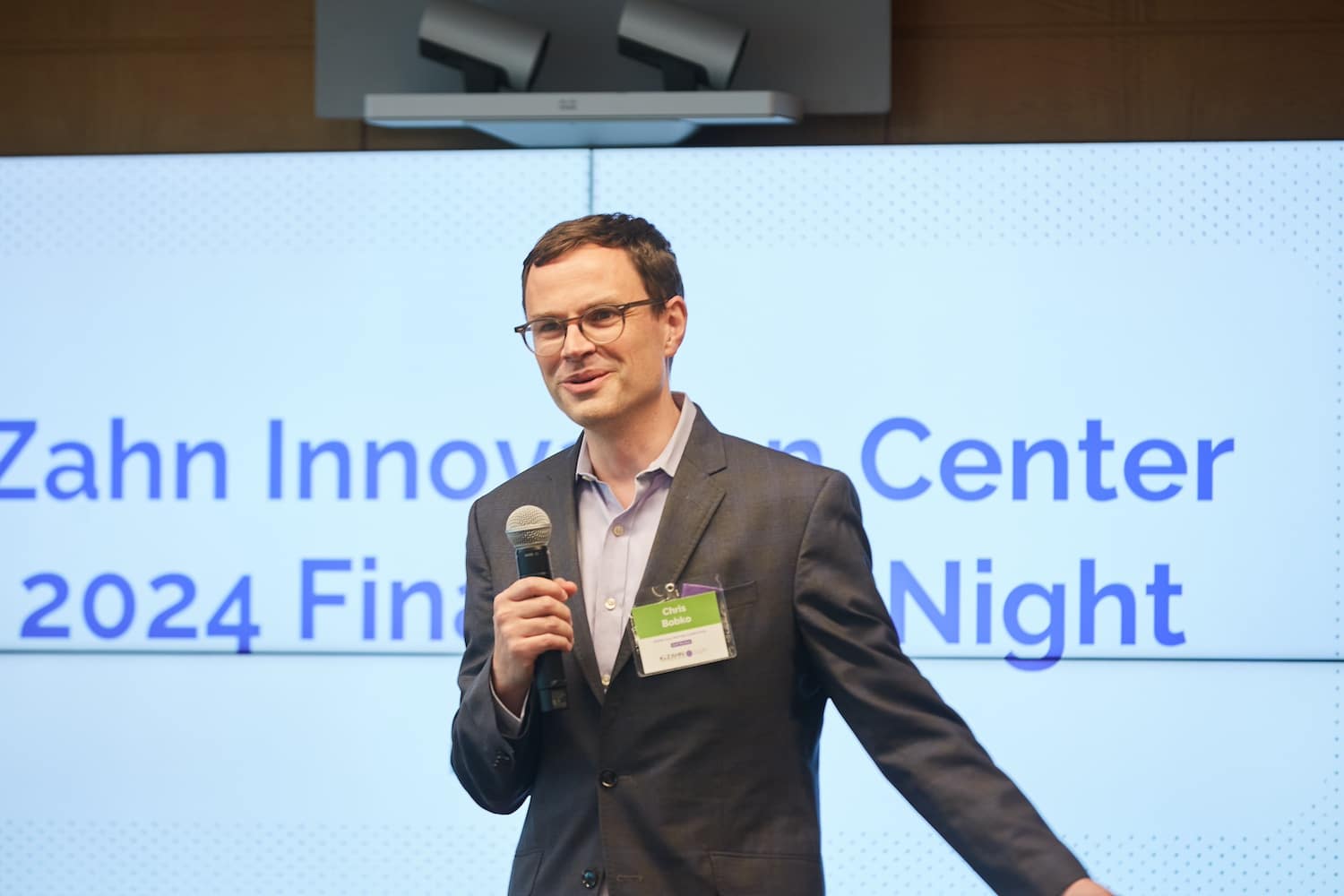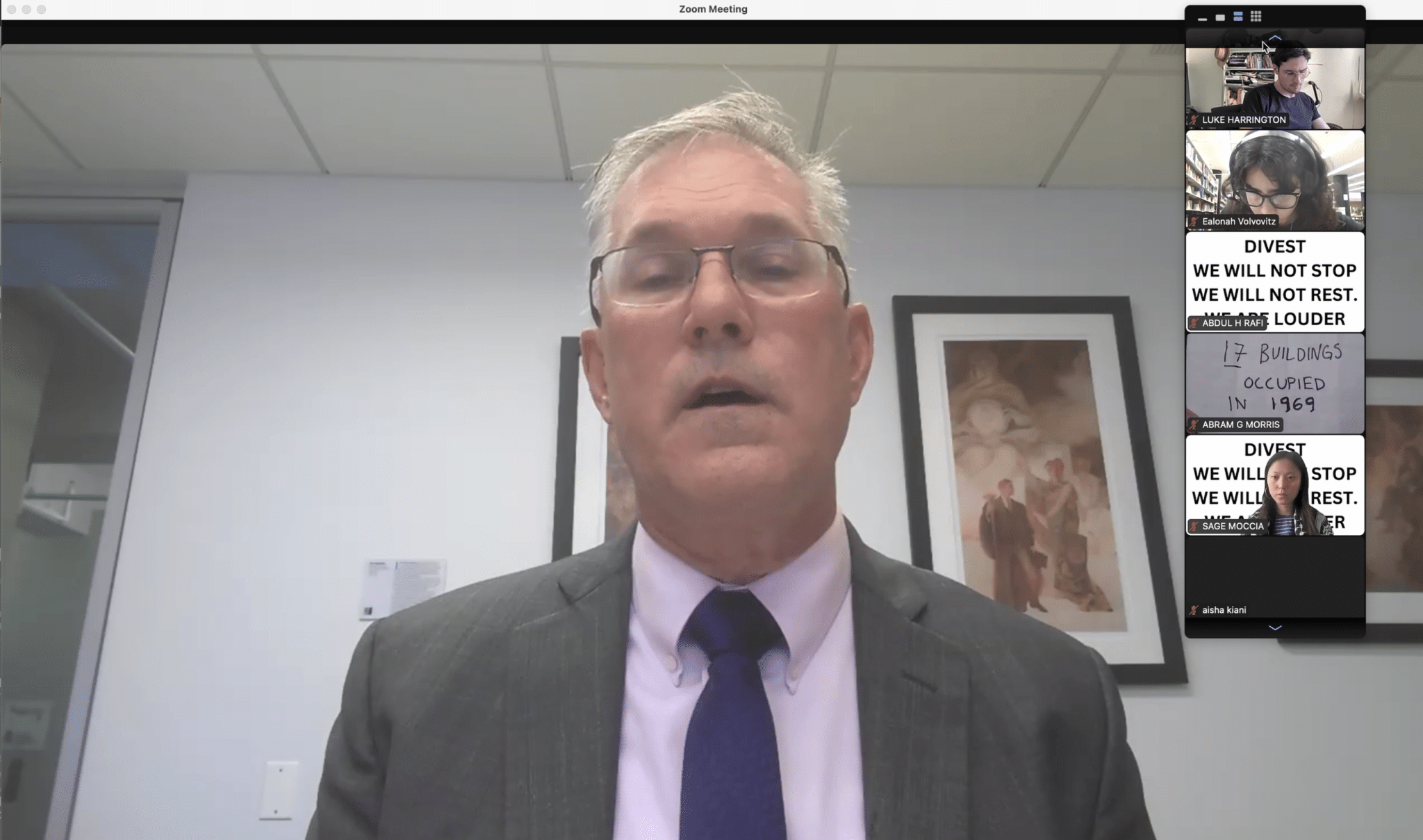Chris Bobko, executive director of the Zahn Innovation Center offers insight about AI and tech.
“Students in engineering are starting to use AI tools, and we know they are using them in written applications when it comes to their projects,” said Chris Bobko, the Zahn Innovation Center executive director at The City College of New York (CCNY). He thinks that we will see expanded use of AI on campus.“Tech is moving so quickly it’s hard for anyone to keep up and academic classes are even slower to adapt to new technology. So we haven’t gotten to the point of how do we use these tools in class, or to maximize value in assignments. So there is a lot of work to be done, “ he said.
ChatGPT was released in November 2022 and introduced the idea of using AI, and then other AI apps became available quickly. Bobko wonders why some, especially academics, are slow to adopt AI. “I was in a workshop with a comp science prof at a different university and he said he interviewed 15 of his colleagues and asked them, “Have you changed any of your assignments in the last two years with the knowledge of generative AI tools?” Bobko said the answer was not what he expected. “Not one of those 15 faculty in comp sci changed their assignments. It surprised me because people are using it everywhere in professional practice,” he said.

Chris Bobko with students at a design thinking workshop run by Immense at Deloitte and sponsored by Blackstone Launchpad.
He points out that people in many fields use AI effectively. “If you talk with people who are out there working, they are all using generative AI tools in their daily work too. There was a popular website called Stack Exchange where you could ask it to help with computer code or projects. The traffic on Stack Exchange has plummeted drastically inversely with the rise in visiting traffic going to ChatGPT, Google Gemini, and Claude. The market shows that people are not going to the Google search bar to help with a problem when you can just ask an AI tool to help you solve it,” Bobko said.
He thinks some are slow to adopt AI because it scares them. “I think the biggest misconception is that this is something to be afraid of. We have faculty that are afraid of it because they don’t quite understand it yet and change is hard and scary.” He said that these faculty members make the mistake of warning students against using AI. “I have heard from students that they were afraid to even use it because they were warned by their professor. But, at the same time, we understand that when we ask people to do work for us they are using generative AI tools to do it,” Bobko said.
He does acknowledge that there are questions about intellectual property and academic integrity that need to be addressed.
“It’s an area where academia is behind in agreeing on what a standard should be when using these tools regarding plagiarism, such as taking writing off of Wikipedia without citing where the info is from,” he said. But we don’t have a generally accepted standard for plagiarism when we use a generative AI tool and I think that’s a reason many are in this fear. But to not use AI tools altogether is not realistic.”
At City College, Bobko is working to show others how to integrate AI into their courses. “I’m working on piloting a new class called AI in Entrepreneurship and a couple of other classes such as AI in a business course, and AI application in an engineering course,” he said. But he hopes that more professors will begin to look at ways to integrate AI into what they teach.
“Even if folks would keep the same problem, but add a question that asks how you used the AI tool to solve this, what were the steps that worked well and what didn’t when you used that tool, that will help keep up with AI,” he said.
Bobko acknowledges that those are special courses, but he also thinks AI has a place in regular classrooms. He thinks professors and others can embrace the technology easily he said, “You do not have to do a lot of extra work, create model sets, or create a new way of grading an assignment. Let’s adapt a little bit.”
Tags: A1 adopting AI AI in the classroom Andrea Turlea Andrei Turlea Chris Bobko Zahn Innovation Center






